1-0012 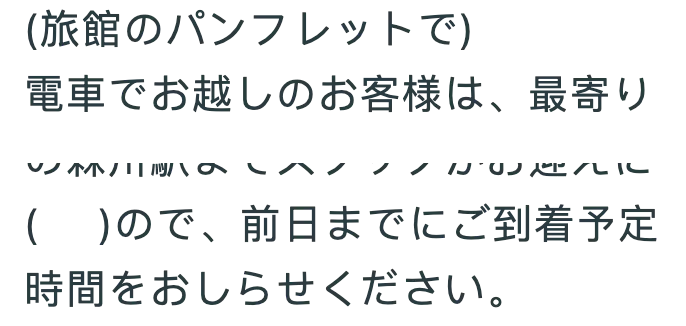

1-0012 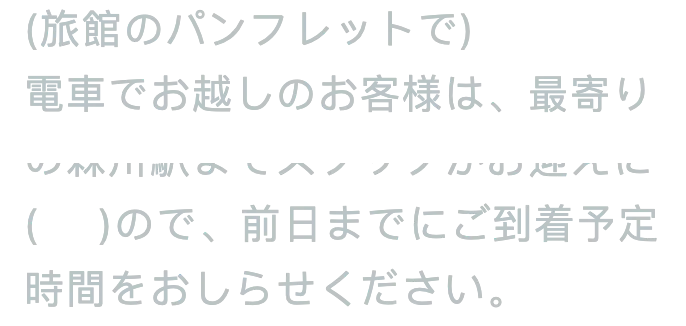

- (Hotel brochure)
- If you are arriving by train, then our staff will pick you up at the nearest Morita Station. Please let us know your expected arrival time the day before.
- Agaru: A self-effacing expression of "行く来る".
- See える: honorific expression for ↪Lo_Charu)
- Kudasaru: Respectful expression of kureる
- Sasha: A respectful expression of Aげる
2-0013 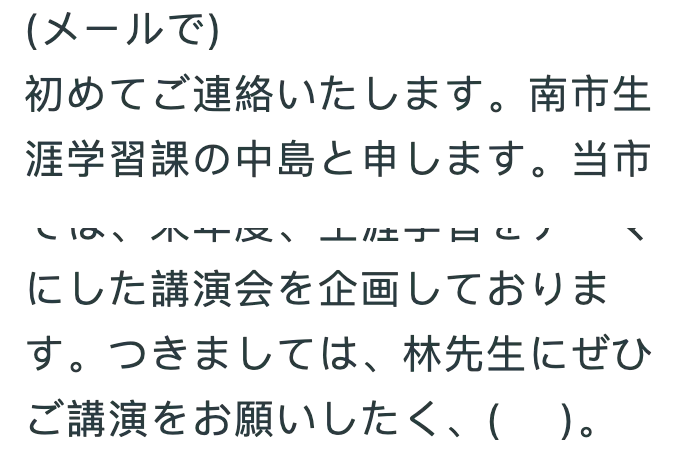

2-0013 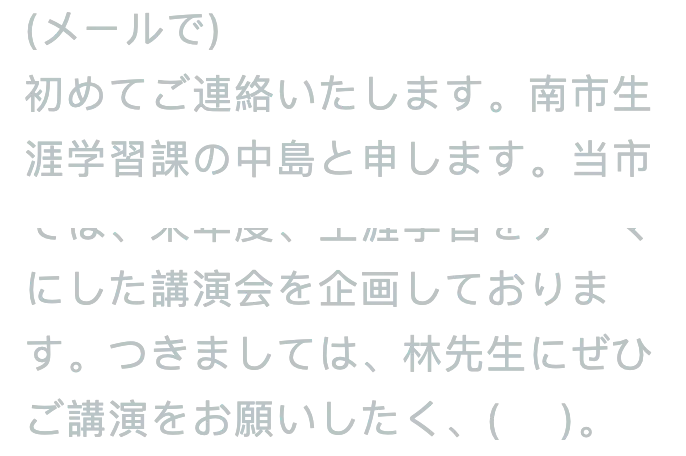

- (mail)
- First contact. I am Nakajima from the Career Learning Class in Minami City. We are planning to hold a lecture on the theme of lifelong learning next year. Therefore, I would like to invite you to give a lecture, so I am contacting you.
- 次第です:Used to explain why and how things have developed to this point. It is a more formal wording, often used in honorifics.
- Leave a message: Your contact was received!
- Leave a message: Contacted me!
- Leave a message: Interferences
3-0014 

3-0014 

- Since I had the teacher come, I planned to let her taste the famous local dishes.
- 「おいで」 is the honorific of 「来る」. 「おいでいただく」 is equivalent to 「来てもらう」, 「先生に来てもらう」 to let the teacher come, to take the initiative to ask the teacher to come.
- "からには" means since .......
- "にしては" means that in terms of ...... In terms of ......, it's sort of .......
4-0015 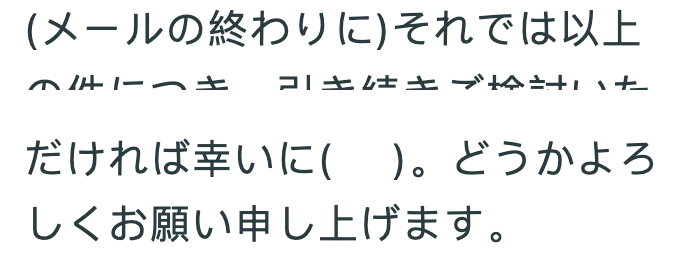

4-0015 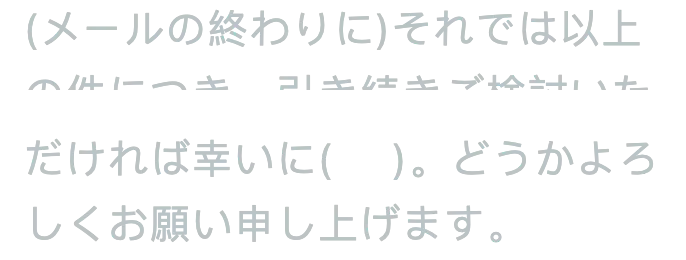

- So I would be honored if we could continue the discussion on the above matters. I would be grateful for your kind attention.
- 쑗쑗쑗쑗쑗쑗쑗쑗쑗쑗쑗쑗쑗쑗쑗
- Azukarimasu: to be obliged, to suffer.
- うけたまわります (承ります→承る): Self-effacing phrase for "聞く", "受ける", and "承諾(しょうだく)する".
5-0016 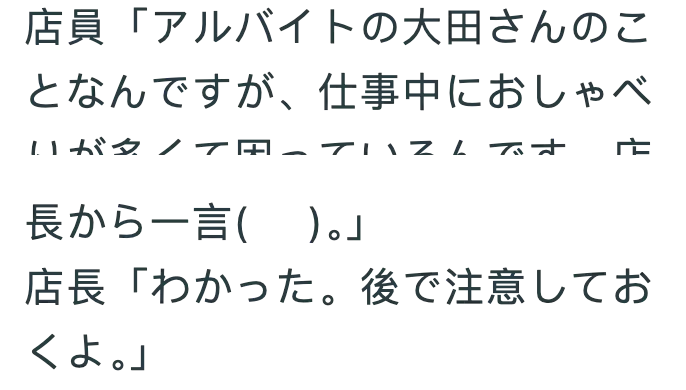

5-0016 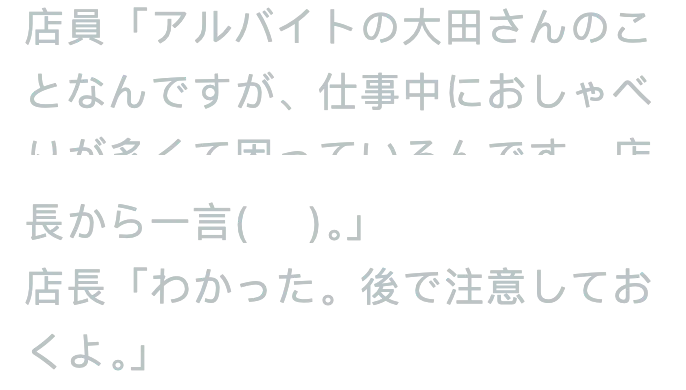

- Shopkeeper: Speaking of that part-timer Ota, he talks too much at work and makes things difficult for me. Tell me about him, store manager.
- Store Manager: Got it, I'll remind him later.
- お聞きになるでしょうか:"O聞きになる" is the honorific of "聞く".
- 申し上げてもよろしいですか:"Shinし上げる(もうしあげる)" is a self-effacing expression of "言う".
- おっしゃって下さいませんか:"Oっしゃる" is the honorific of "言う". The subject of the sentence here is the store manager, so use honorifics.










